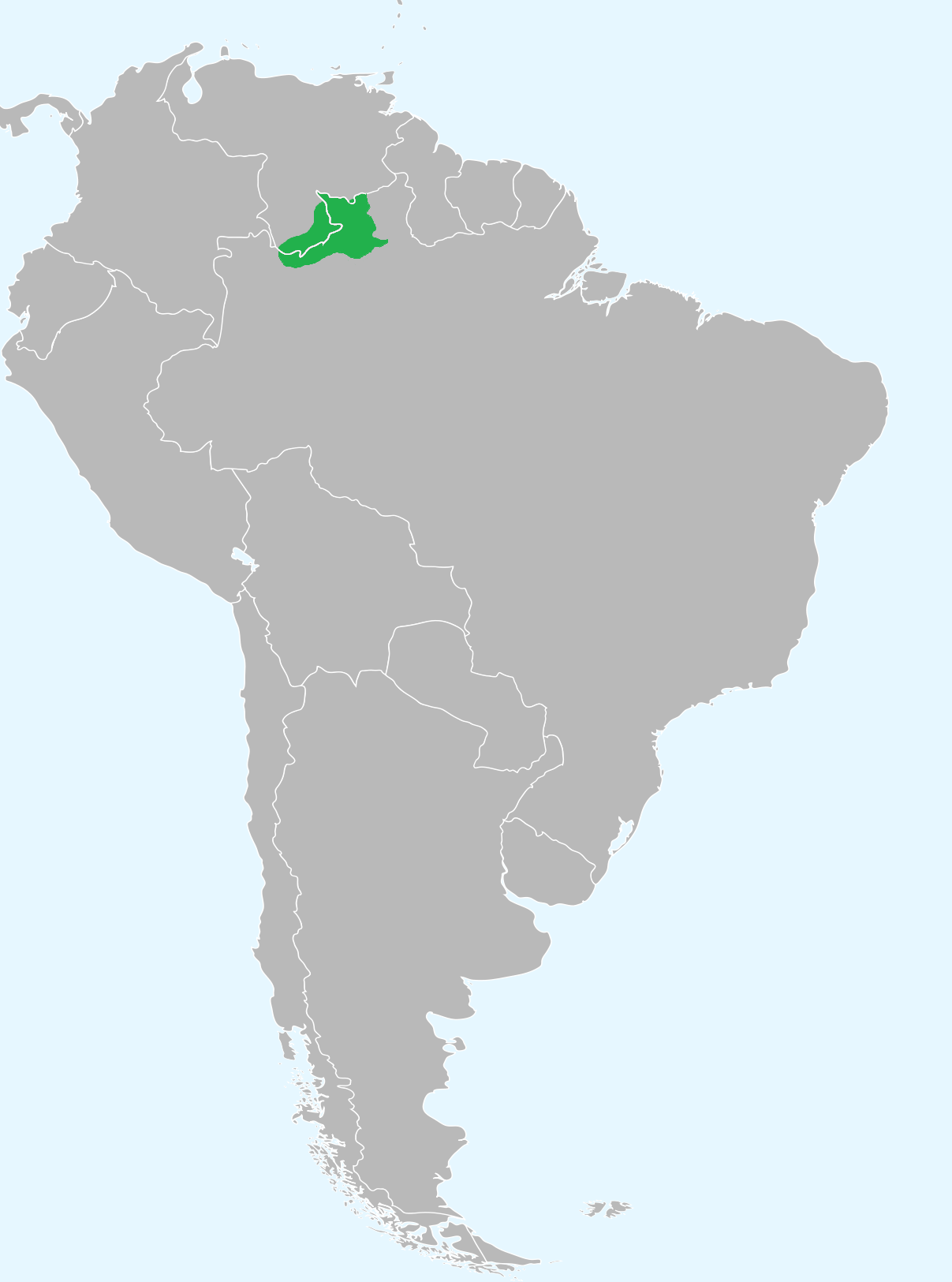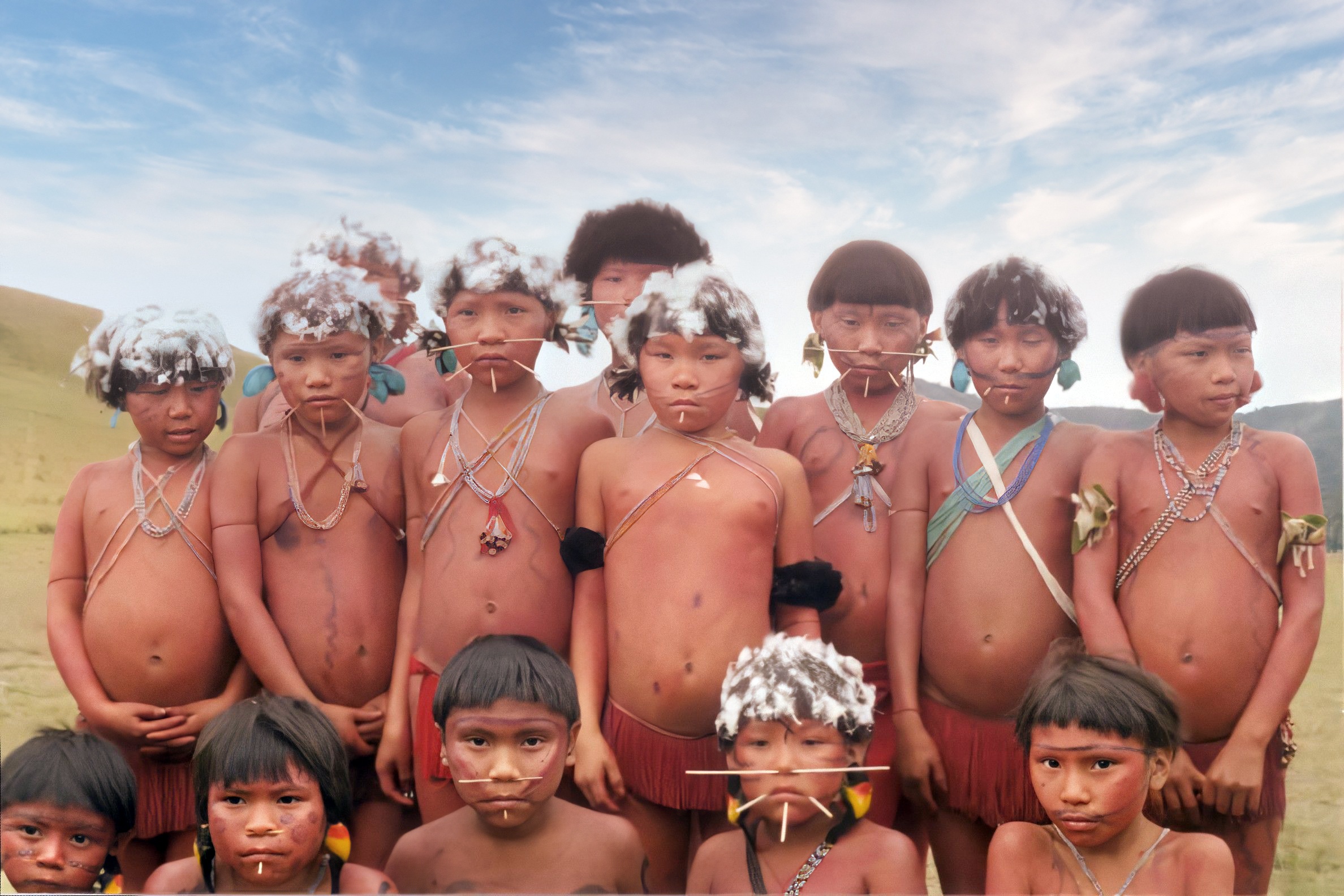Seit vielen Jahren gibt es Zank zwischen Henrique Salas Feo, dem Gouverneur Carabobos, und Enzo Scarano, Bürgermeister von San Diego. Der Streit eskaliert jetzt. Um dies alles zu verstehen, müssen wir ein bisschen über Venezuela erklären.

Caudillismo ist eines der typischen Merkmale der lateinamerikanischen Wirklichkeit. In Venezuela ist das nicht anders. Präsidentielle Regierungssysteme haben die Macht des Militärfûhrers, später manchmal des vom Militär geduldeten Zivilführer verstärkt. Lange Zeit durften Venezolaner nur den Präsidenten und die Abgeordneten wählen, wenn überhaupt. Ab 1958 durften sie das völlig demokratisch tun. Ab 1988 durfen sie auch für Gouverneure und Bürgermeister stimmen. Das hat ein bisschen Konkurrenz verschafft, aber nicht viel. Fast alle mittel- bis hochrangigen Angestellte sowie viele einfachen Mitarbeiter bei Bundesstaaten und Gemeinden werden von der jeweiligen Regierung angeheuert. Da die Regierungen die wichtigsten Arbeitgeber in einem Petroland sind, ist Klientelismus programmiert. Als Chávez an die Macht kam, began er, so schnell wie möglich die im Jahr 1988 eingeleitete Dezentralisierung zu demontieren. Er nahm immer wieder Kompetenzen von den Regionen weg...am Ende durch ein berüchtigtest Ermächtigungsgesetz. So ist die Lage der Gouverneure und Bürgermeister nun schwerer denn je. Trotztdem könnte es besser sein...wenn sie nicht so feudal denken würden.
Die Oppositionsführer insbesondere in Carabobo haben die typische feudalistische Einstellung. Sie sind etwas besser als die Chávez-Bonzen aber nur so viel.
Die venezolanische Opposition hatte sich im Jahr 2010 geeinigt, eine einzige Liste für alle Wahlen zu stellen. In manchen Regionen würde man dafür Vorwahlen organisieren...in anderen, wo "die Präferenz für eine Partei deutlich liegt" nicht. Das Problem ist, dass diese Präferenz auf Klientelismus pur basiert, auf die Wahlen auf einem bestimmten Zeitpunkt in der Vergangenheit und auf die Tatsache, dass man in Venezuela einfach für den Kandidat der Opposition seine Stimme gibt, nicht für eine Partei. Dies führt dazu, dass sich der Kandidat der Opposition in dieser oder jener Region verewigt und keine Chance für andere Kandidaten der Opposition gibt.
Carabobo hat ein Gouverneur der Opposition an der Macht. Man hat ihn vor allem gewählt, weil man den Chávez-Kandidat auf keinen Fall wollte...aber eher nur darum. Der Gouverneur, Salas Feo, ist der Sohn eines früheren Gouverneurs,
Salas Römer. Salas Römer hatte eine Frau der Familie Feo geheiratet. Unter den Feos gab es seit dem 19. Jahrhundert hochrangige Politiker in Carabobo.
Der Gouverneur von Naguanagua, eine Stadt, die nördliche von Valencia liegt und seit langem mit Valencia zusammengewachsen ist, ist der Cousin von Salas. Der alte Salas Römer hatte seine Partei, Proyecto Venezuela, Ende der Achziger gegründet, als seine frühere Partei, COPEI, ihn nicht als Kandidat für Carabobo stellen wollte. Nun wollen die Salas-Feo so weit es geht alle Stellen im Bundesland haben. Das ist ihr Feudalgebiet. In der Gemeinde San Diego ist aber seit Jahren eine neue Persönlichkeit erschienen: Enzo Scarano. Enzo Scarano ist ein Unternehmer und genauso wie die Salas hat er auch eine sehr starke feudale Einstellung und auch wie sie will er seine Familie an der Macht - so oder so - sehen.
Proyeto Venezuela wollte nun für die Lokalwahlen von Dezember nicht genügend Kandidaten der Enzo-Scarano-"Partei" für die gemeinsamen Listen für alle Gemeinden und vor allem für die Bundesstaatsversammlung akzeptieren.
Enzo Scarano hat seine eigene Partei, "Cuentas Claras", und er will, dass mehr von seinen "Leuten" bei den Kandidaten sehen und er protestiert nun immer lauter.
 |
| Die mittelalterlichen Klassen der Priester, Ritter und Bauer sind in Venezuela durch die Klassen der Militärs, Importeure, Staatsdiener und Strassenverkäufer ersetzt worden. Alles andere: dasselbe im Rot oder Blau. |
Im Jahr 2008 hat die Opposition die Stelle des Bürgermeisters für Valencia verloren, wiel Salas seine eigene Kandidatin zum Rennen schickte, während alle anderen einen anderen Kandidat, Cocchiolla, hatten. Und so hat der Kandidat der Chavistas, Parras, gewonnen. Alle anderen Parteien waren sauer auf Salas.
Nun haben sie sich damit abgefunden und sind zu einem Kompromiss gekommen: Salas lässt sie den Bürgermeister Valencias wählen und er darf zuerst die Kandidaten in allen anderen Regionen Carabobos mit Ausnahme von San Diego auswählen. Alle sind damit einverstanden bis auf Enzo Scarano. Scarano ist aber auch wichtig, weil er in seiner Gegend populär ist und die Gemeinde San Diego ganz für ihn stimmt. Und so haben wir nun die Gefahr, dass wir schon wieder zwei Oppositionslisten für die Regionalwahlen vom Monat Dezember haben. Und das hat damit zu tun, dass Parteien in Venezuela einfach feudale Konstruktionen sind, die nur dafür bestimmt waren, bestimmte Caudillos zu vertreten.
Wenn ein Journalist öffentlich Salas oder Scarano bei einem Interview einige Fragen stellen dürfte, würde ich gern als erstes diese Frage hören: welcher ist der programmatische Unterschied zwischen Proyecto Venezuela und Cuentas Claras, von den Menschen mal abgesehen?
Ihr könnt sicher sein: beide würden zuerst verblüfft und erschrocken aussehen.






















.jpg)


